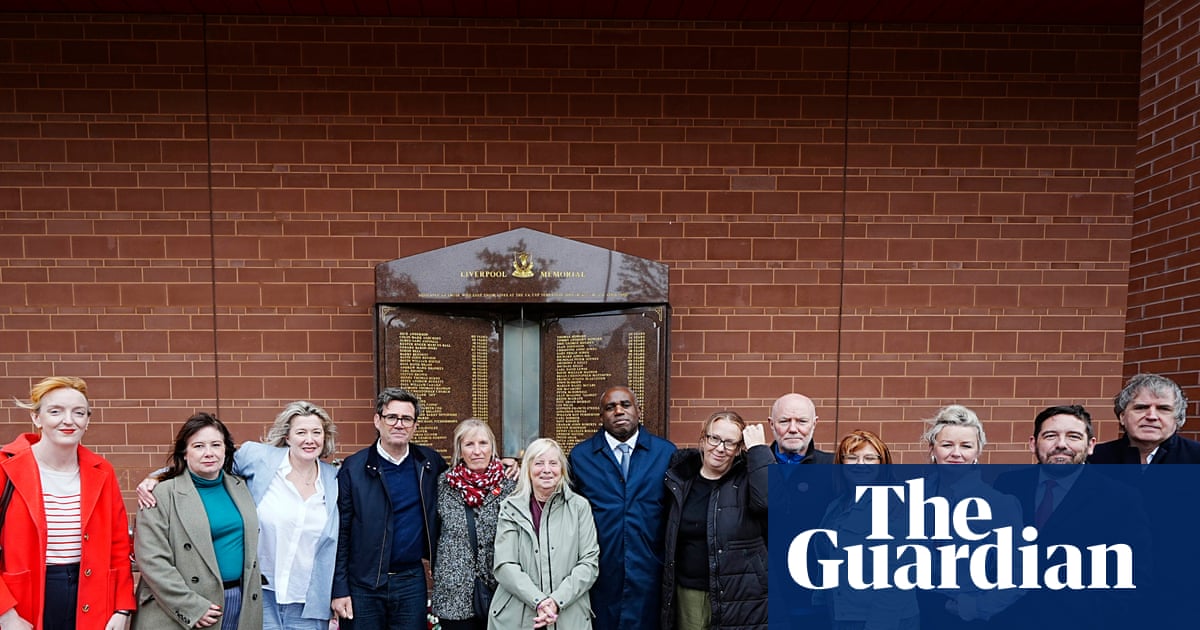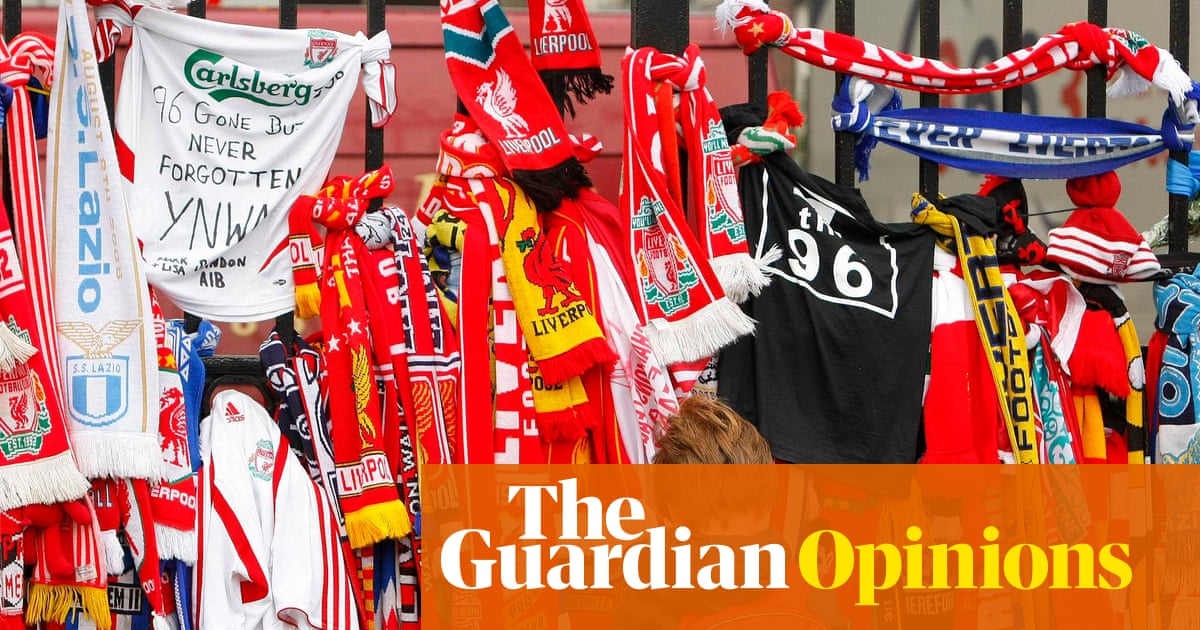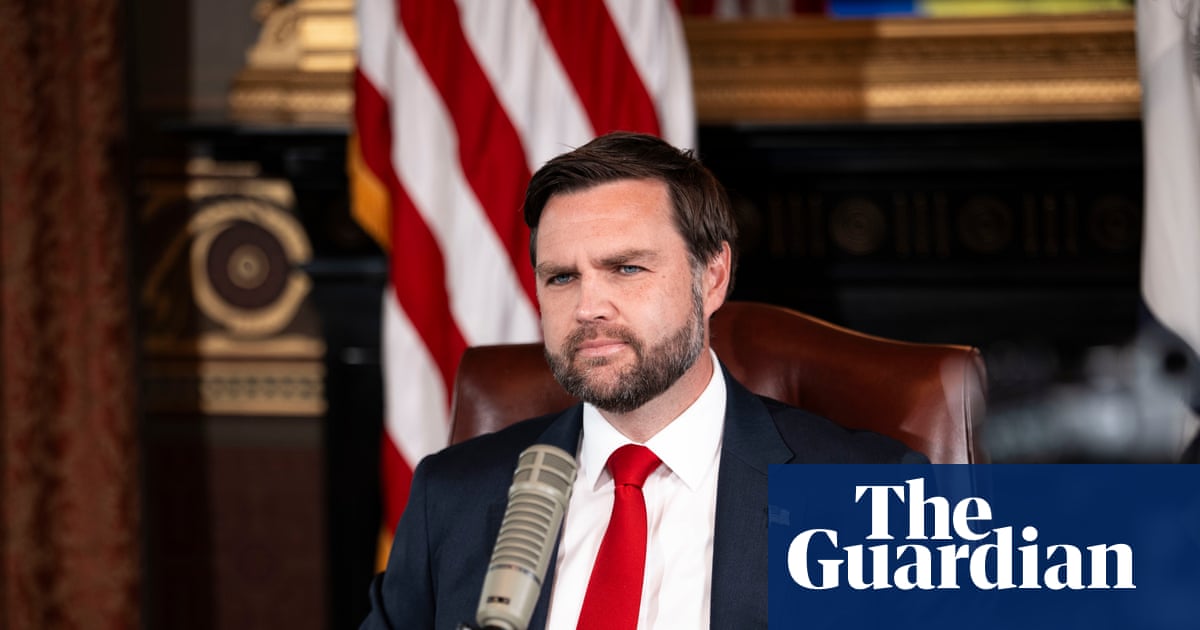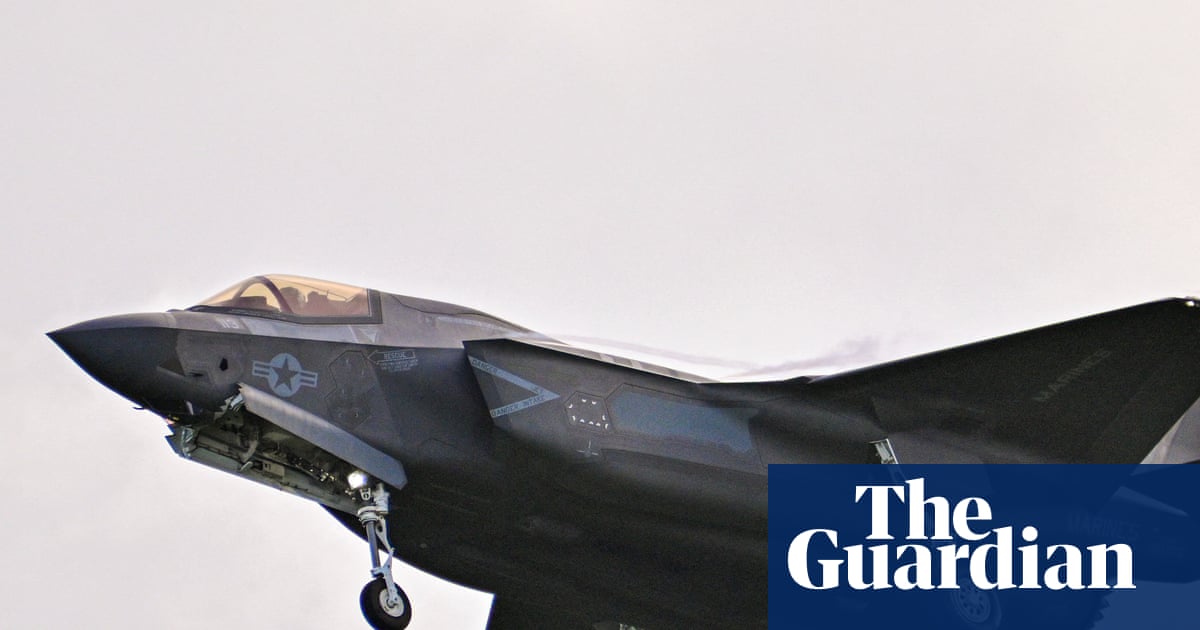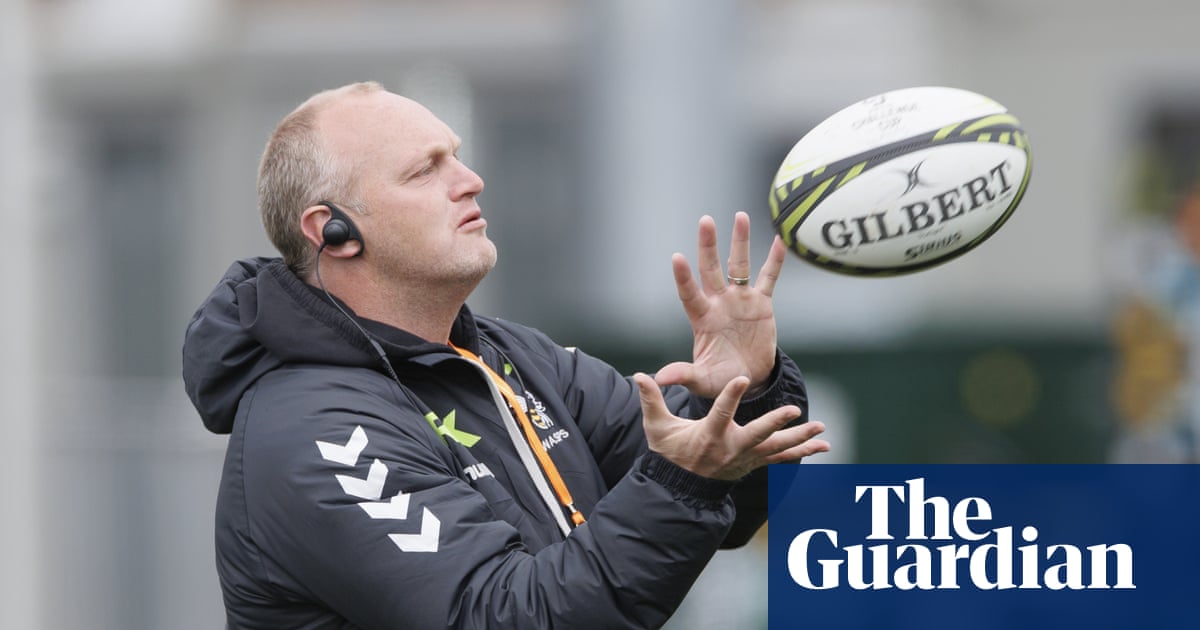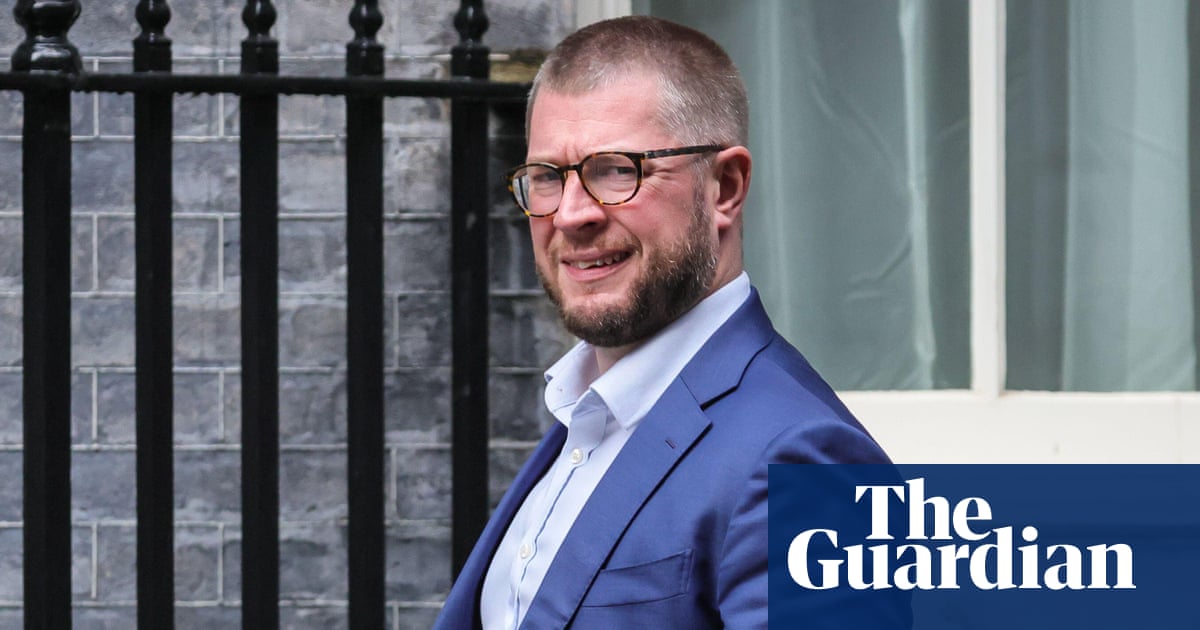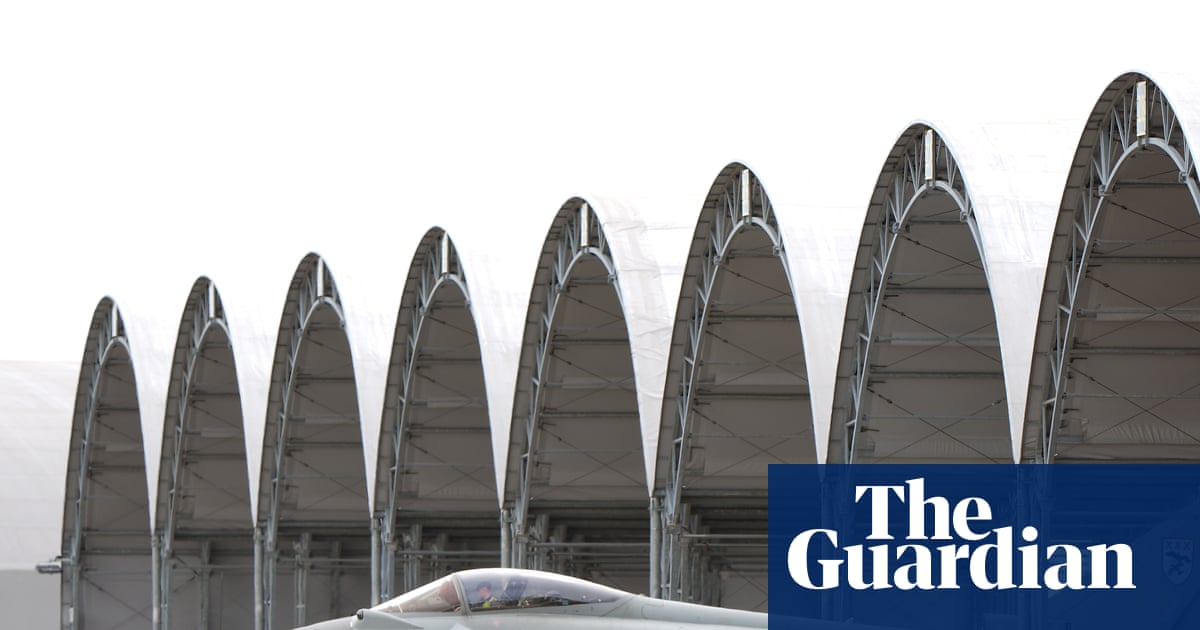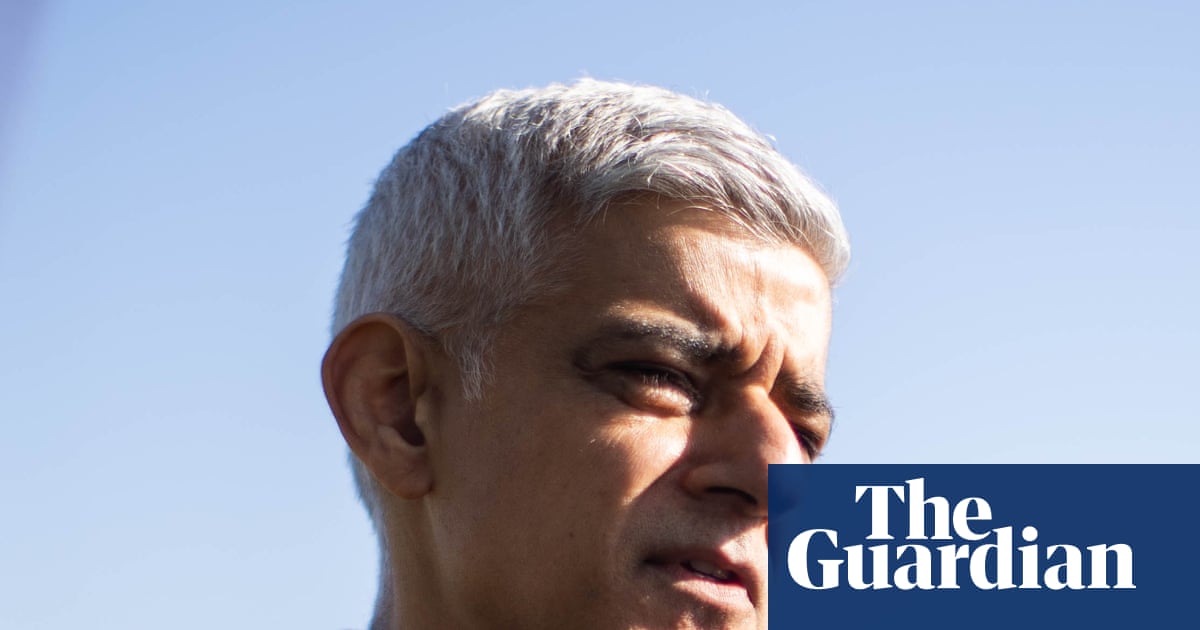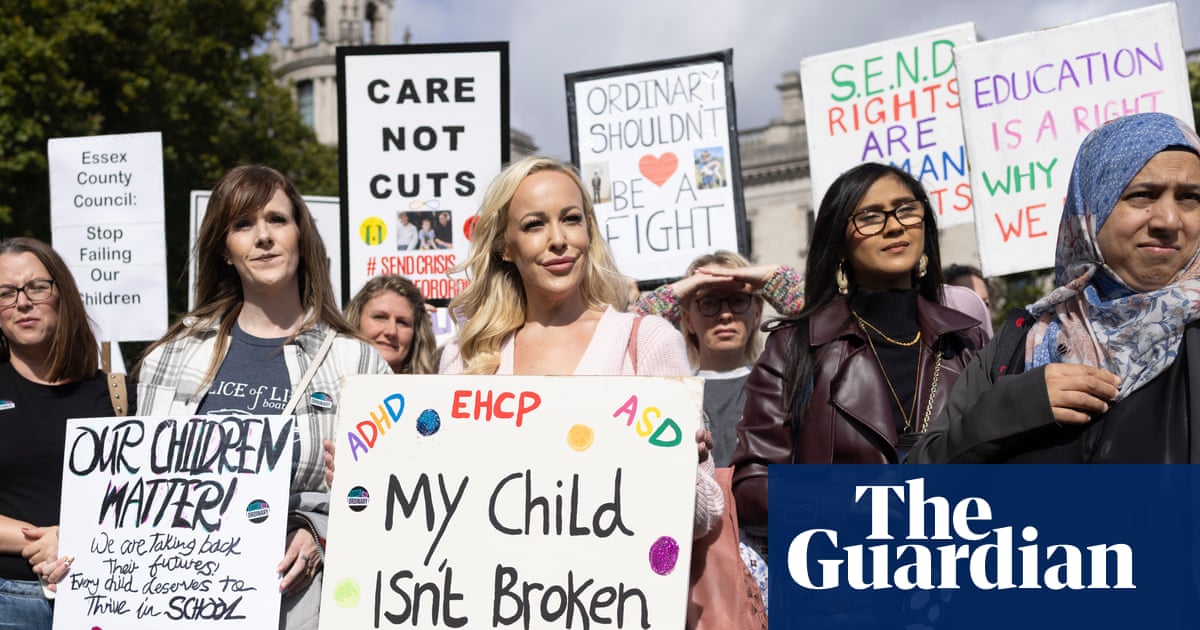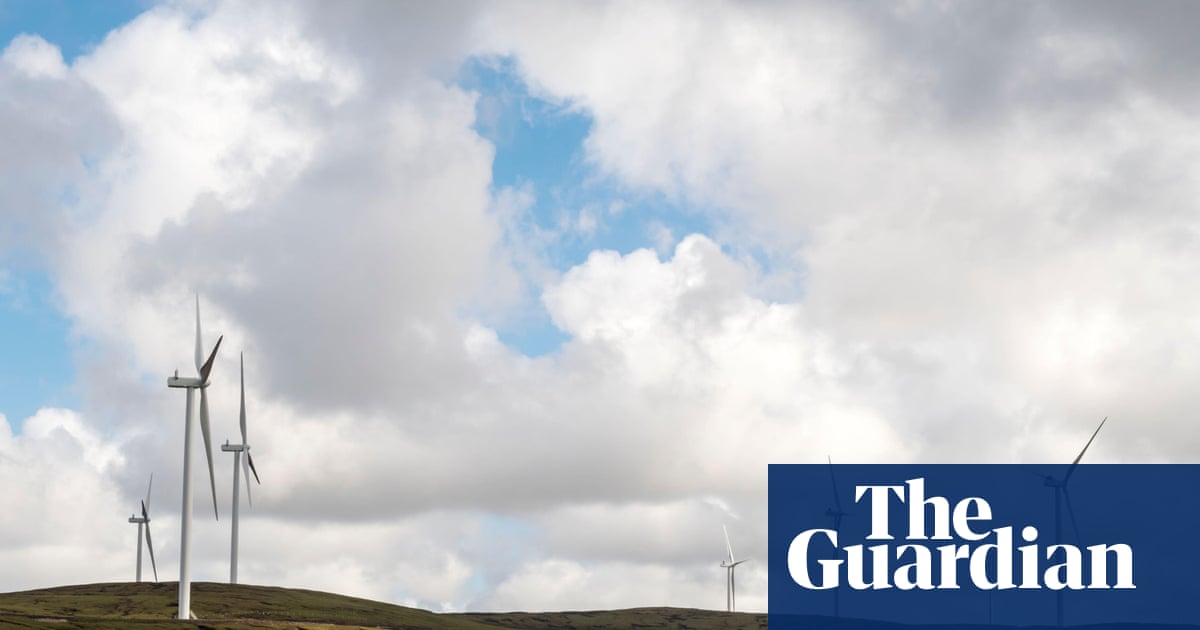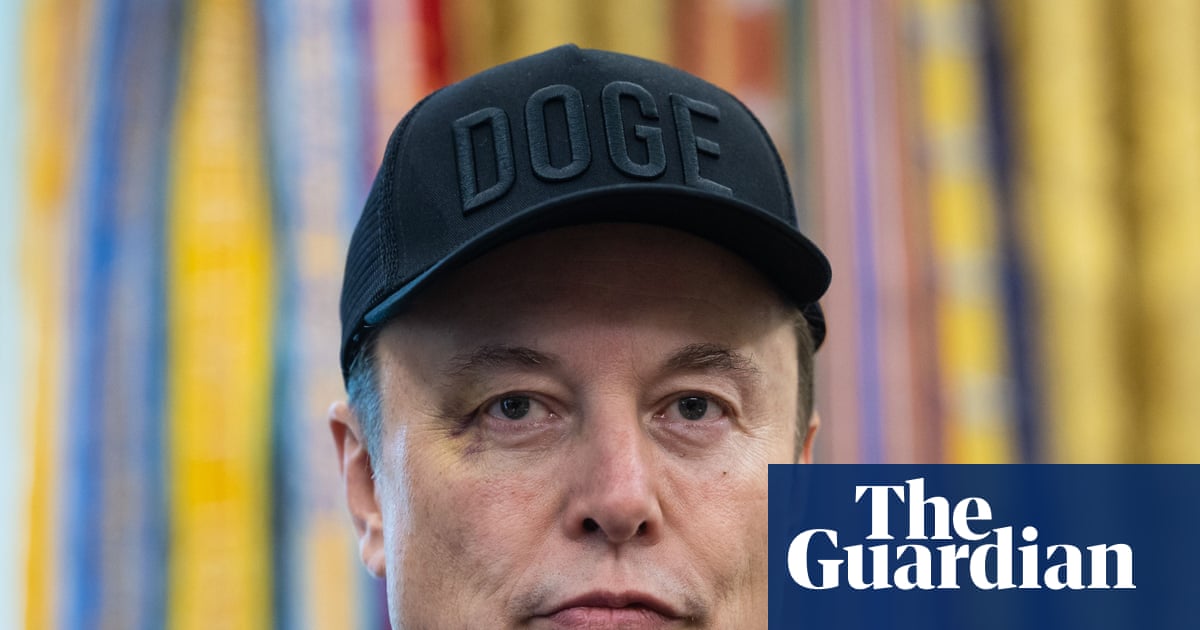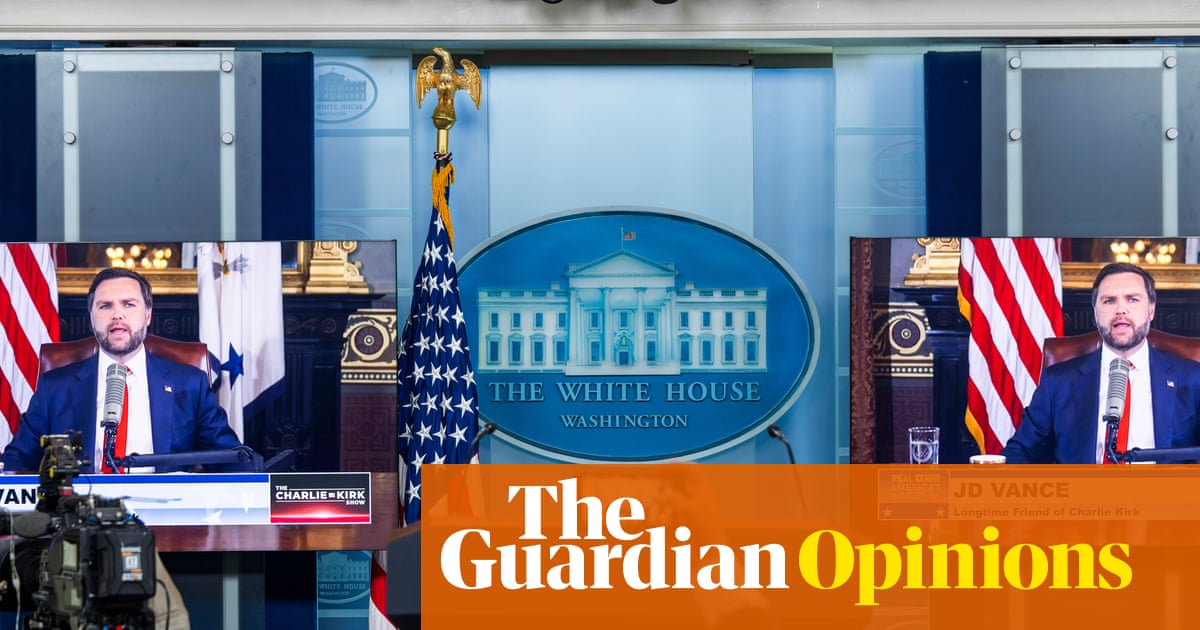The Nationals have formally split with the Liberal party, breaking up the Coalition for the first time since the 1980s due to major policy differences.
Nationals leader David Littleproud said MPs had made the shock decision not to enter into a new Coalition agreement with the Liberals in talks at Parliament House on Tuesday, after a breakdown in negotiations with the new opposition leader, Sussan Ley.
Littleproud nominated nuclear policy, a $20bn regional Australia future fund, forced break-up powers in the supermarket sector and essential services in the bush as the key sticking points in the decision.
The minor party wanted each policy locked in exchange for a formal agreement with the Liberals, but Ley has promised a wide-ranging policy review with consultation across the party. She ruled out “captain’s calls” after being elected leader.
Littleproud said the parties could reunite before the next election, due in 2028, but there was no guarantee.
The split means the two parties will not be together in opposition against Labor, which smashed the Coalition in the 3 May election and is on track to have more than 90 seats in the House of Representatives.
The Liberals look set to have 28 lower house seats, and the Nationals 15.
Nationals MPs won’t sit in the shadow cabinet and the minor party will make its own policy decisions for the coming term of parliament. Littleproud said the Nationals would field their own roster of spokespeople to speak on government decisions.
“The National party will sit alone on a principle basis, on the basis of
looking forward,” Littleproud said.
“It’s on a principle position of making sure that those hard-fought wins are maintained and respected, we continue to look forward.”
It is the fourth time the Coalition has split formally in the federal political sphere, and the first time since a short break up over the “Joh-for-PM” push, which aimed to have the Queensland premier Joh Bjelke-Petersen lead the Liberals and Nationals in Canberra.
The Liberals and Nationals did not enter a coalition after Gough Whitlam’s 1972 election victory, but ran together at the 1974 poll.
Nuclear policy was a major sticking point in Tuesday’s decision. Littleproud said his party remained committed to the introduction of nuclear power in Australia, saying renewable energy had lost its social licence and country communities wanted change.
Littleproud flagged that the two parties could reconnect in the future, saying his door was open to the Liberals.
“We have had a coalition of over 80 years and I suspect we will have one in the future. It has been broken before. What this is about is taking a deep breath and saying to the Australian people, this is time apart [for] us to be better.
“This is a healthy part of our democracy which should be proud of.”
The former Nationals leader and deputy prime minister Barnaby Joyce told Guardian Australia it was healthy for the two parties to split for a period of time.
“That election was not good. It was not good for the Liberal party and it was not good for the National party,” he said.
Joyce said regional voters had vastly different interests to Australians in the major cities, nominating the infrastructure required for renewable energy projects to connect to the grid.
“It’s not going to be a walk in the park. It is going to come with its complications.”
He said the split was similar to tensions within conservative parties overseas.
“This is not just happening in Australia, this is happening globally. Take [Reform UK leader] Nigel Farage and the Conservative party, or the Maga movement and Donald Trump in the United States. It is a global phenomenon.”
Lee is expected to make a statement on Tuesday and Liberal MPs will hold an online party room meeting.

.png) 3 months ago
137
3 months ago
137
